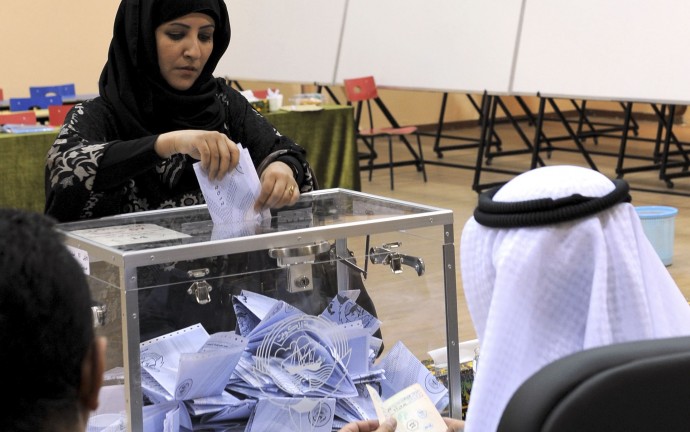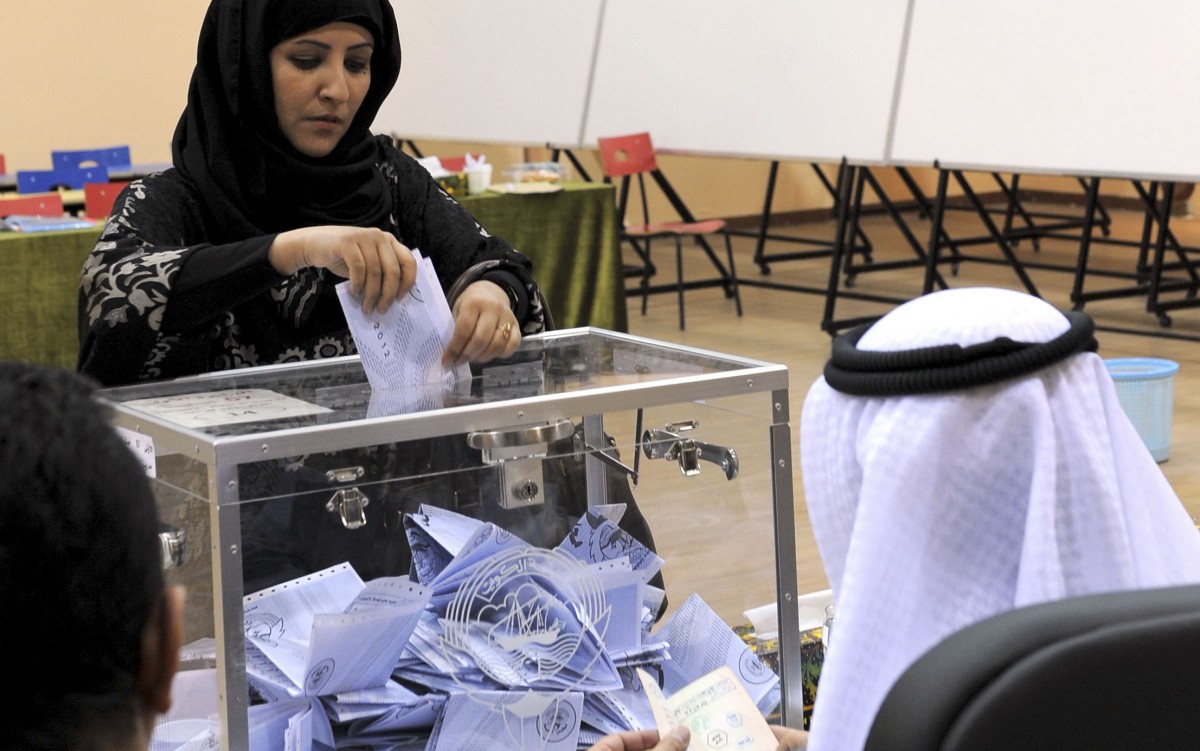
(MintPress)—In his annual budget meeting with Congress, President Barack Obama expressed his desire to establish an $800 million support fund for democracies emerging from the Arab Spring. The President’s budget proposal for fiscal year 2013 included a total of $51.6 billion in funding for the State Department and foreign assistance, just 1% of the national budget.
$770 million of the Arab Spring fund would go towards establishing a “Middle East and North Africa Incentive Fund” that would “provide incentives for long-term economic, political and trade reforms to countries in transition,” provided that countries wish to actively make reforms.
The Arab Spring Fund would be implemented in conjunction with up to $1 billion in debt swaps for Egypt; $2 billion in regional Overseas Private Investment Corporation (OPIC) financing; and billions of dollars in renewed military and development aid to the region.
According to the State Department budget proposal, the Incentive Fund is an opportunity to recast the United States’ position in the Middle East towards one that promotes democracy and builds partnerships with the citizens who will lead their countries in the future.
“If we fail, we risk reinforcing public cynicism and losing influence in a region critical to U.S. interests,” the report said. “Our support for dignity, opportunity, and self-determination must be matched by actions that affirm our support.”
.
U.S. Aid Funds Military Activities
Obama’s $800 million proposal, once divided among the various Arab Spring states, is only a fraction of the aid that will go to the Middle East next year. The majority of 2013 financial aid to Arab states will come from the $5.5 billion Foreign Military Financing budget, which will give $3.1 billion to Israel, $1.3 billion to Egypt, and $300 million to Jordan.
Another $18.6 billion is also set aside for International Military and Education Training (IMET) programs in the Middle East, and nearly $1.4 billion will also be spent in the Middle East towards democratic reform and political institution building on “programs that advance U.S. national security interests.”
On average, the United States gives $1.6 billion to Egypt annually. In FY 2012, the U.S. gave Egypt $1.3 billion in military assistance and $250 million for economic development.
In 2012, Jordan received $360 million for democratic and economic reform programs and $300 million in military aid, and Israel received $2.8 billion in military aid – more than any other country in the world.
Millions of additional dollars were spent in Egypt and Jordan through grants from USAID, the National Endowment for Democracy (NED), and several other military and economic regional training programs.
Egypt and Jordan receive the most U.S. aid in the world after Israel. Both nations began receiving large sums of military and economic aid following the signing of the Egypt-Israel Peace Treaty in 1979 and the Israel-Jordan Peace Treaty in 1994.
.
Do Countries Want US Aid?
The billions of dollars in U.S. military aid to Egypt over the past 30 years were used by Mubarak’s regime to repress Egyptian people and are now being used in a military crackdown against protesters, leaving Egyptians in opposition of future foreign aid skeptical of U.S. interests in the region.
A recent Gallup poll reveals that 71% of Egyptians are opposed to US economic aid. Additionally, only 20% of Egyptians support direct US aid to civil society groups. An Arab public opinion poll by the University of Maryland and Zogby International found that 88% of Arabs polled, including Egyptians, see the United States as their biggest threat.
Egypt recently added 43 foreign and local NGO workers, including 19 Americans, to the no-fly list and began investigating employees under accusations that the NGOs were illegally receiving foreign funds and operating without proper licensure.
The arrests included Americans working for the National Democratic Institute (NDI), International Republican Institute (IRI) and Freedom House – all of which are democracy-promotion organizations that have been criticized for their strong links to the US government and meddling in the sovereignty of other nations.
Both the NDI and IRI have been harshly criticized for their alleged involvement in the 2004 Haitian coup d’état that replaced democratically-elected president, Jean-Bertrand Aristide, with U.S.-backed President Boniface Alexandre, as well as involvement in election observations following a similar 2009 military coup in Honduras.
Given the track record of groups like the NDI and IRI, both funded by the U.S. government through the NED, it is no wonder Arab countries are hesitant to accept aid from the United States.
Despite criticism from lawmakers hoping to cut off aid to Egypt in the aftermath of the NGO raid, the State Department still intends to go ahead with democracy-promotion and military funding programs in the Middle East next year.
Foreign Policy reports,
“Many in the NGO community and on Capitol Hill believe the State Department is trying to defend the aid as a means of preserving what’s left of the U.S.-Egypt strategic relationship, which has been a linchpin in maintaining U.S. influence in the region and the Egypt-Israel peace treaty.”
Whether lawmakers will approve Obama’s 2013 budget proposal and whether Egyptians will accept U.S. aid are two questions left to be answered. However, as Egypt’s national debt nears 15% of its GDP, Egyptians may have to accept U.S. assistance in spite of reservations.
Source: MintPress
.


